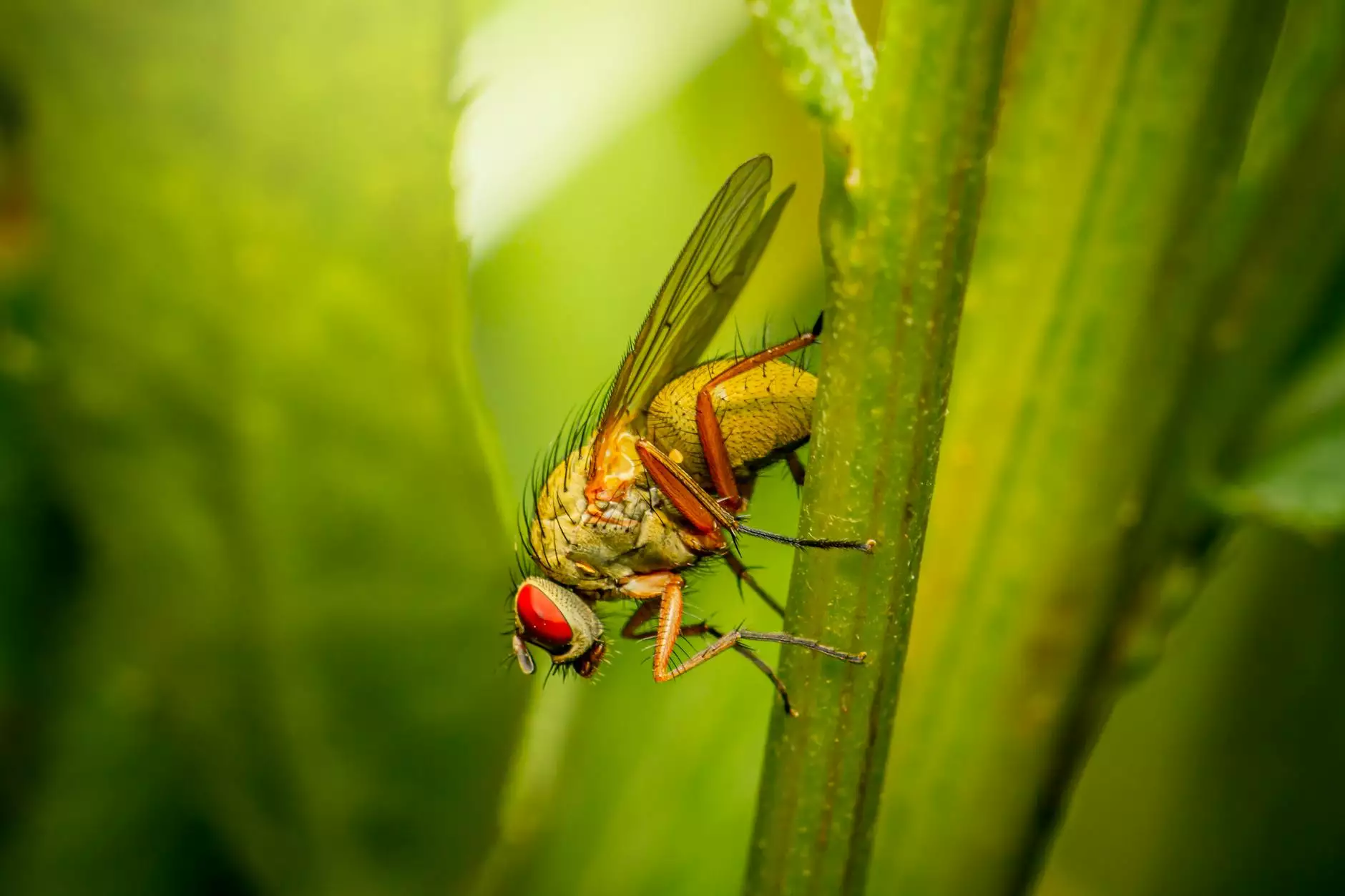Mastering Rice Weevil Control: A Guide for Farmers

Rice weevils can pose a significant threat to stored grains, especially rice, making effective control essential for farmers and grain handlers. As an experienced provider in the domain of Farming Equipment and Farm Equipment Repair, TSGC Inc. understands the importance of safeguarding your investments from these pests. This comprehensive article delves into the various aspects of rice weevil control, offering practical strategies to manage infestations effectively.
Understanding Rice Weevils: Identification and Impact
Before you can implement effective rice weevil control measures, it's crucial to understand what these pests are and the severity of their impact:
- Scientific Classification: Rice weevils belong to the family Dryophthoridae and are scientifically known as Sitophilus oryzae.
- Identification: They are small, brownish-black beetles, approximately 2-3 mm in length, with a characteristic long snout.
- Life Cycle: Rice weevils undergo a complete metamorphosis, with a life cycle that includes egg, larva, pupa, and adult stages. Their complete development can occur in as little as a month under optimal conditions.
The Economic Costs of Rice Weevil Infestations
The economic implications of rice weevil infestations can be severe. Here are some key points to consider:
- Loss of Stored Grain: Infestations can lead to significant losses in stored grain weights and quality.
- Increased Costs: Farmers may incur additional costs in control measures and pest removals.
- Market Reputation: Infested products can damage a brand's reputation, leading to reduced sales and market access.
Preventive Measures for Rice Weevil Control
Prevention is the first line of defense in effective rice weevil control. Follow these proactive strategies:
1. Proper Storage Techniques
Ensure that all grain storage facilities are clean and dry. Consider the following:
- Cleanliness: Remove all leftover grain and debris to reduce potential breeding sites.
- Seal Containers: Use airtight containers to block entry points for weevils.
- Temperature and Humidity Control: Maintain optimal conditions that are unfavorable for weevil development.
2. Regular Monitoring and Inspections
Conduct frequent inspections for early detection of weevils:
- Visual Checks: Periodically inspect stored grains and surrounding areas for signs of infestation.
- Use Traps: Consider pheromone traps to monitor weevil populations and assess the severity of infestations.
Effective Control Strategies
Should prevention fail, direct control measures will be necessary. Here’s how to effectively tackle infestations:
1. Chemical Control Options
When infestations become severe, chemical treatments may be effective:
- Pesticides: Use approved insecticides specifically labeled for rice weevil control. Always follow application guidelines to ensure safety and efficacy.
- Fumigation: For extensive infestations, consider professional fumigation services to eliminate weevils in storage facilities.
2. Non-Chemical Control Solutions
If you're looking for more sustainable options, consider non-chemical methods:
- Heat Treatment: Expose infested grains to high temperatures (greater than 50°C) for an extended period to kill weevils.
- Cold Treatment: Alternatively, low temperatures (below freezing) can also be effective in killing adult weevils and their larvae.
- Natural Predators: Introducing natural predators, such as certain beetles, can help manage weevil populations without chemicals.
The Role of Farming Equipment in Rice Weevil Control
Investing in the right farming equipment can significantly aid in effective rice weevil control. Here are some suggestions:
- Grain Cleaning Equipment: Utilize grain cleaners to remove weevil eggs and larvae from stored grains.
- Heating Equipment: Invest in heated air dryers that can help control moisture levels and weevil development stages.
- Storage Solutions: Employ advanced, variable-controlled storage units to maintain optimal conditions for grain storage.
Conclusion: A Commitment to Sustainable Rice Weevil Control
In conclusion, the control of rice weevil infestations is paramount for the prosperity of farming operations. By employing an integrated approach that includes preventive measures, monitoring, and effective control strategies, farmers can protect their grains and ensure the quality of their products. Remember, the choice of farming equipment and how to maintain it can play a pivotal role in your overall pest management strategy. For expert assistance with rice weevil control or farm equipment repair, partner with TSGC Inc. to safeguard your agricultural successes.
Contact Us for Expert Assistance
If you have any questions or need professional advice, don't hesitate to contact TSGC Inc. Our team is here to support your farming needs and ensure you embark on a successful rice cultivation journey.
© 2023 TSGC Inc. All rights reserved.









